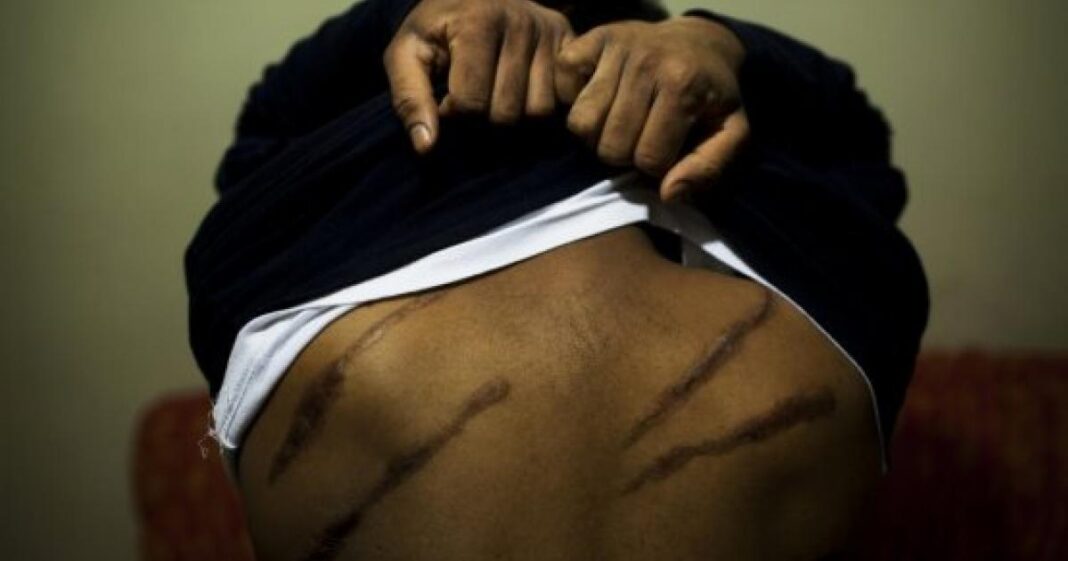File Photo: Torture is endemic in the Sri Lankan Police.
In a powerful rebuke of custodial abuse, Sri Lanka’s Supreme Court has ruled that the former Acting Officer-in-Charge (OIC) of the Hatharaliyadda Police Station violated the fundamental rights of a 16-year-old boy by subjecting him to wrongful arrest, torture, and unlawful detention.
The case, which has drawn national attention, revealed harrowing details of the boy’s treatment while in police custody. According to court findings, Inspector Weerakoon failed to produce the minor before a magistrate within the legally required timeframe and instead inflicted severe physical and psychological abuse during interrogation. Among the most disturbing acts was the use of crushed nai miris (bird pepper) mixed with water, which was squeezed into the boy’s eyes—causing intense pain and trauma.
The boy had been arrested on suspicion of stealing jewellery but was later acquitted by the Galagedera Magistrate’s Court after trial. His testimony described how, on August 6, 2022, he was tortured for refusing to confess. The Acting OIC struck the soles of his feet repeatedly with a wooden pole while another officer restrained him. Despite his pleas of innocence, the OIC mocked his faith, telling him the punishment would be harsher than anything “Allah” could deliver.
A three-judge bench comprising Justices Janak De Silva, Menaka Wijesundera, and Sampath B. Abayakoon found the boy’s account to be credible and corroborated by medical evidence. The Court concluded that he had been subjected to repeated ill-treatment while in custody, in clear violation of his constitutional rights.
In its ruling, the Supreme Court ordered the Acting OIC to personally pay Rs. 300,000 in compensation to the boy and an additional Rs. 75,000 to his mother, who had petitioned the court as the second petitioner. The judges acknowledged that the mother had a legitimate expectation of access to her son during detention—a right that was denied, causing her severe emotional distress.
In a significant directive aimed at preventing future violations, the Court instructed the Inspector General of Police (IGP) to issue clear guidelines to all officers. These guidelines mandate that when a minor is arrested, the mother, father, or a close relative must be granted access to the child before being produced before a magistrate, and in any case, within six hours of arrest.
This ruling marks a critical moment in Sri Lanka’s ongoing struggle against custodial violence and reinforces the judiciary’s role in upholding the rights of vulnerable individuals.
(with the inputs from the Daily Mirror)
